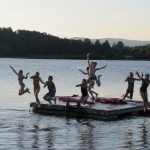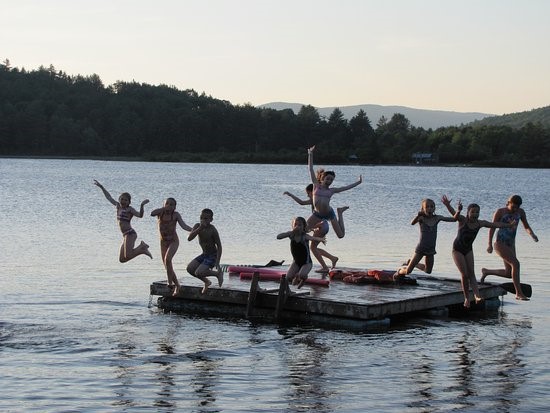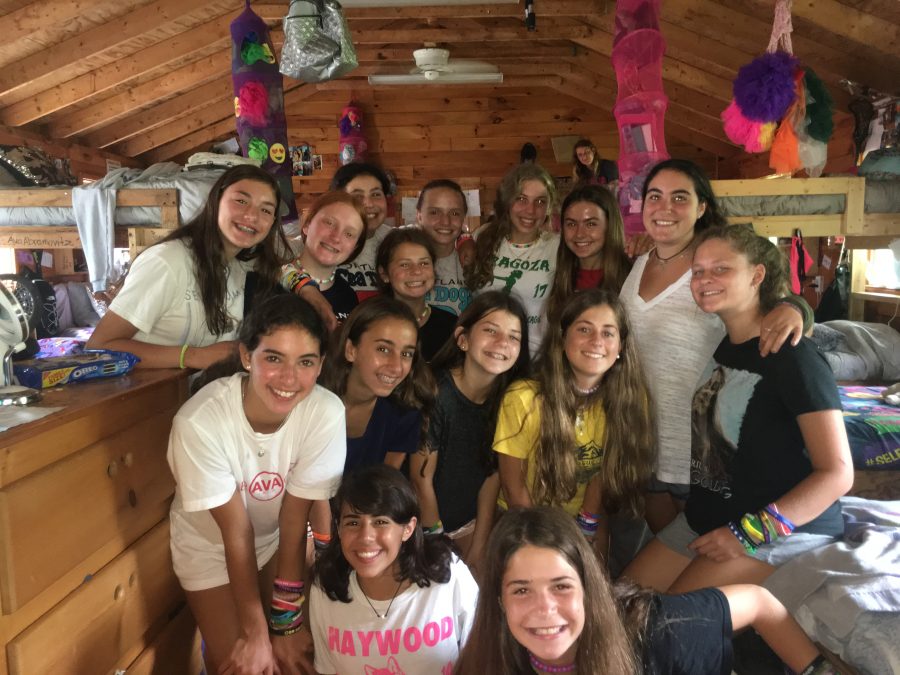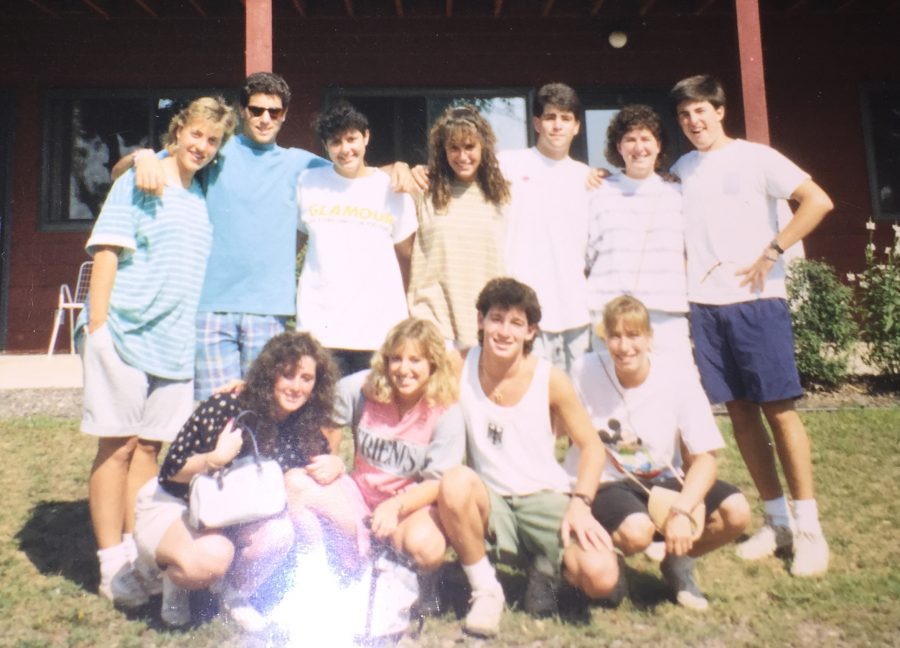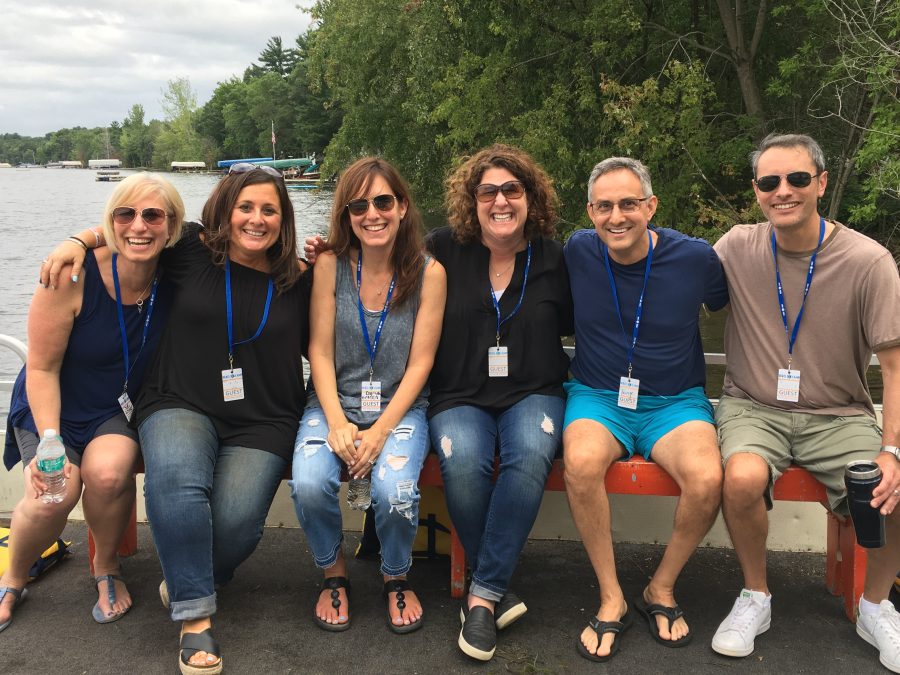Sending your child off to sleepaway camp can be a bittersweet experience. You’re excited for them to grow, explore, and make new friends—but it’s completely natural to worry about how they’ll handle being away from home, especially if homesickness kicks in.
The good news? Homesickness is incredibly common—and usually temporary. With the right support and preparation, most kids adjust within the first few days and go on to have a fun, fulfilling camp experience.
Here are some practical tips and tricks to help your child (and you!) cope with homesickness:
1. Normalize the Feeling
Before camp even begins, talk with your child about the possibility of feeling homesick. Reassure them that it’s a normal part of being away from home and doesn’t mean they’re doing anything wrong. Let them know that those feelings usually fade as they settle in and get involved.
💬 Try saying: “Lots of kids feel homesick at first—it just means you love home! But I know you’ll find your way and have fun.”
2. Practice Being Away
One of the best ways to prepare for sleepaway camp is to ease into it. Arrange sleepovers at a friend’s or relative’s house to help your child build confidence being away from home. It’s great practice for building independence in a lower-pressure setting.
3. Send Mail—Often
Getting mail is a huge morale booster at camp. Send letters filled with encouragement, light updates from home, and reminders that you’re proud of them. Small care packages (with camp-approved items) can also give your child something to look forward to.
📫 Avoid: Messages that say “We miss you so much it hurts” or “The house is so empty without you.” Instead, keep your tone positive and reassuring.
4. Avoid “Rescue Promises”
As tempting as it is to promise, “If you’re sad, I’ll come get you,” it can actually make homesickness worse. This can create an easy mental escape for your child and make it harder for them to fully invest in the camp experience.
Instead, communicate your confidence in their ability to adjust and remind them that you’re proud of their bravery.
5. Create a Visiting Day Wishlist
Give your child something exciting to look forward to. Whether it’s a special snack, a favorite toy, or a family activity for Visiting Day, letting them make a wishlist helps them think ahead with excitement instead of dwelling on missing home.
6. Trust the Camp Staff
Remember, camp staff are trained to deal with homesickness. Don’t hesitate to communicate with them if you’re concerned, but also trust that they have the tools to guide your child through the adjustment process. Often, it just takes a little time.
7. Stay Calm and Confident
Your child takes emotional cues from you. If you appear anxious or unsure about camp, they’ll pick up on that energy. Show them that you believe in their ability to thrive—and remind yourself, too.
Final Thoughts
Homesickness is often part of the journey—but it’s also an opportunity for growth. When kids learn they can overcome it, they walk away with confidence, resilience, and a newfound sense of independence. As a parent, your steady support can make all the difference.
Sleepaway camp might start with a few tears, but it often ends with lasting memories, new friendships, and a stronger, more self-assured child.



 In his latest book “The Anxious Generation: How the Great Rewiring of Childhood is Causing an Epidemic of Mental Illness,” Jonathan Haidt explores the rise of anxiety in children and teens. Haidt details many factors contributing to increased anxiety and a decline in youth mental health, and points to two key issues: 1. a lack of unstructured play and appropriate risk-taking, and 2. the rise of technology and widespread use of smart phones. As parents, we know his observations are true. Kids are on their phones too much and missing out on real connections with their peers. As a result, we are raising more anxious, lonely, and depressed kids. Despite these disturbing trends, Haidt is hopeful and prescribes four key solutions we can implement as a community:
In his latest book “The Anxious Generation: How the Great Rewiring of Childhood is Causing an Epidemic of Mental Illness,” Jonathan Haidt explores the rise of anxiety in children and teens. Haidt details many factors contributing to increased anxiety and a decline in youth mental health, and points to two key issues: 1. a lack of unstructured play and appropriate risk-taking, and 2. the rise of technology and widespread use of smart phones. As parents, we know his observations are true. Kids are on their phones too much and missing out on real connections with their peers. As a result, we are raising more anxious, lonely, and depressed kids. Despite these disturbing trends, Haidt is hopeful and prescribes four key solutions we can implement as a community:
